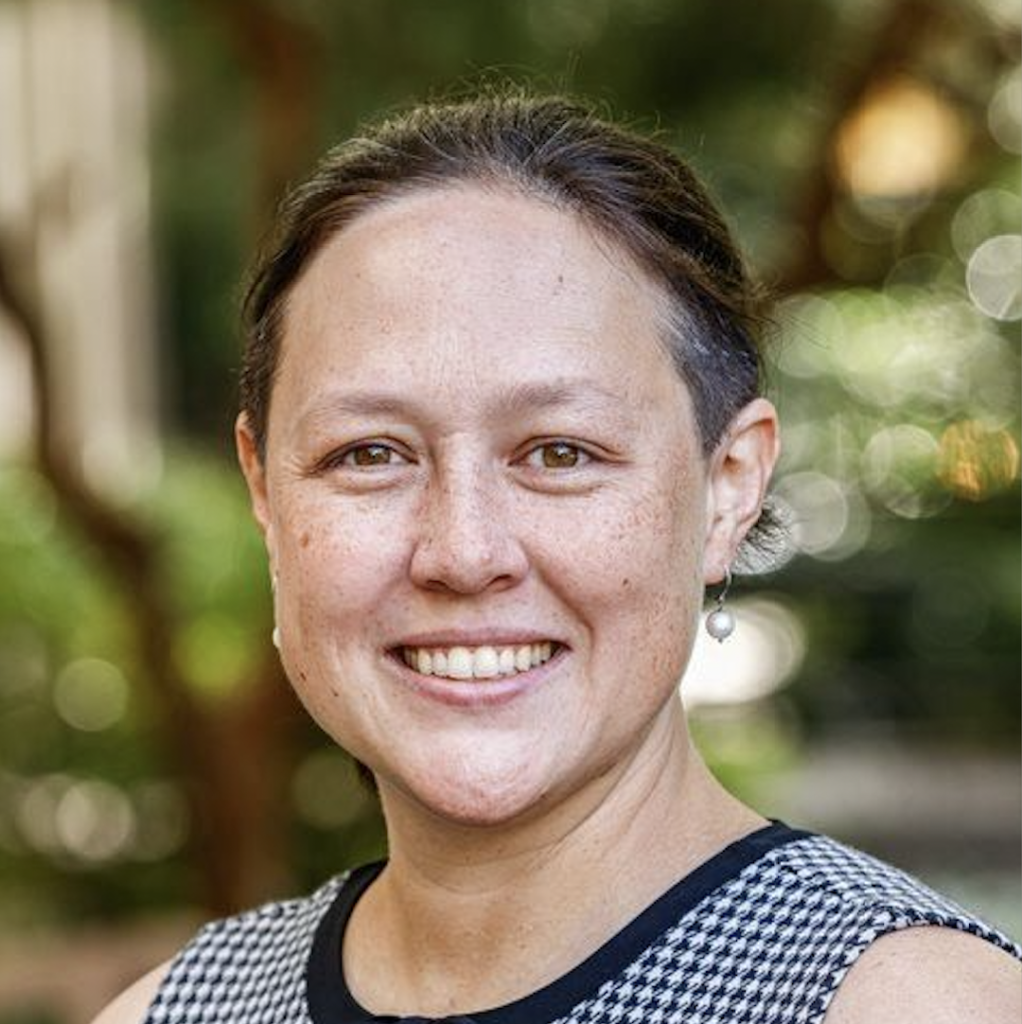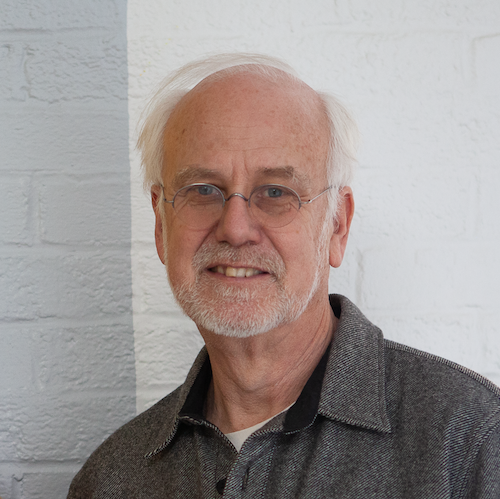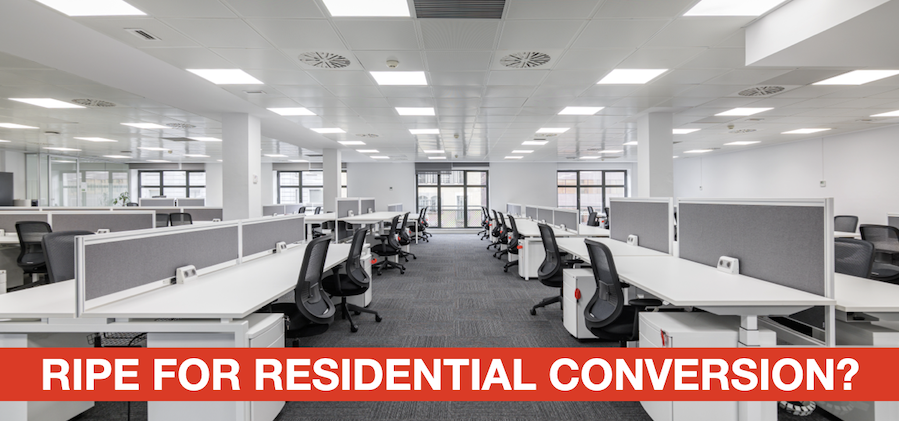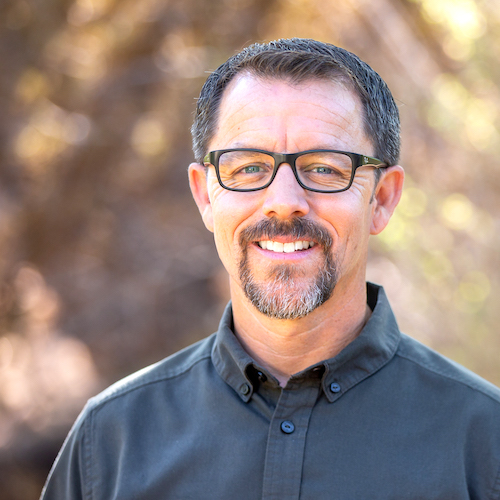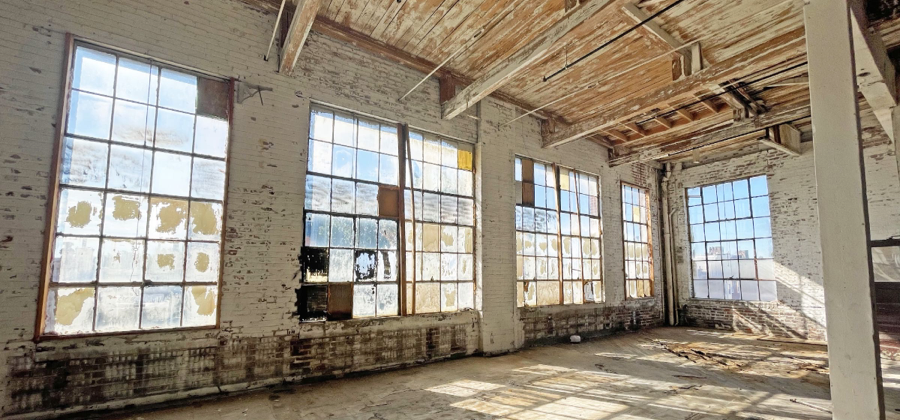
Revitalization. Repurposing a vacant property into a school designed to enhance learning
Minority project partner. Latino-owned firm providing development support
Workforce training. A path to success for students disengaged from high school
Community. 200 students yearly, the majority local residents
Job creation. 50 construction jobs plus 20 permanent jobs
Construction underway. Completion anticipated soon
These features are all packed into just one real estate project in Philadelphia – El Centro Home. And the developers are looking for investors, small and big alike, on Smallchange.co.
This is not a solicitation of an offer to buy or sell any securities. All investing is risky and involves the risk of total loss as well as liquidity risk. Past returns do not guarantee future returns. If you are interested in investing, please visit Small Change to obtain the relevant offering documents.
Image courtesy of El Centro Home

